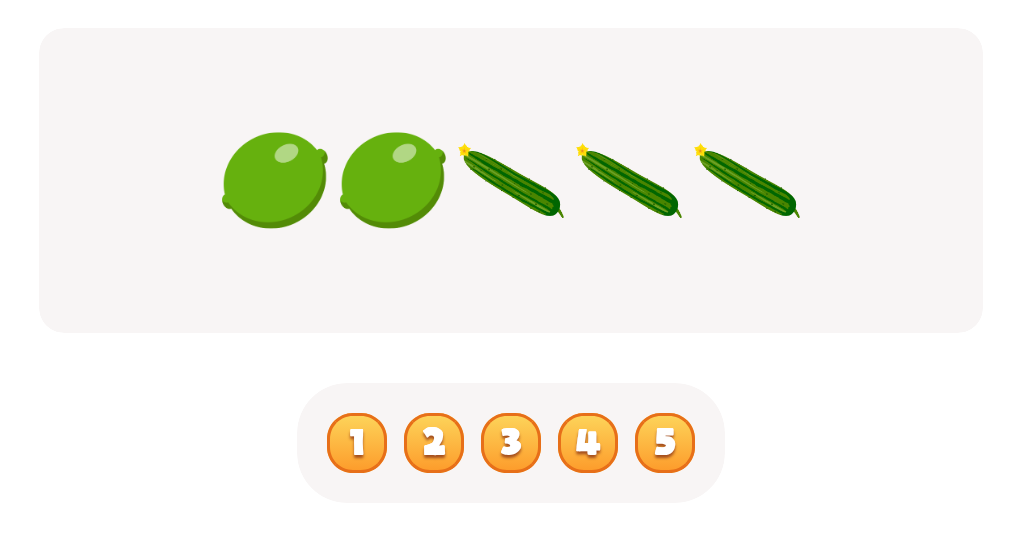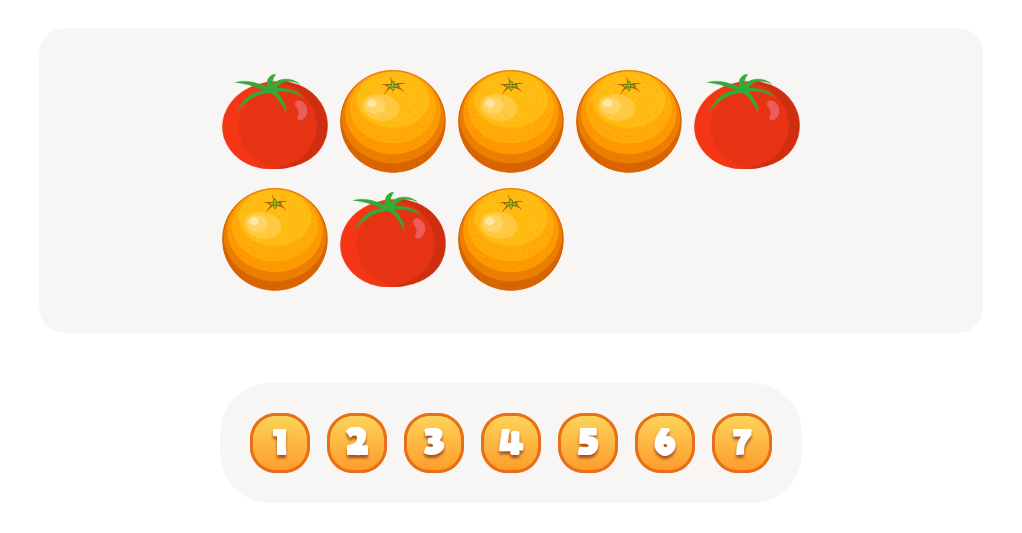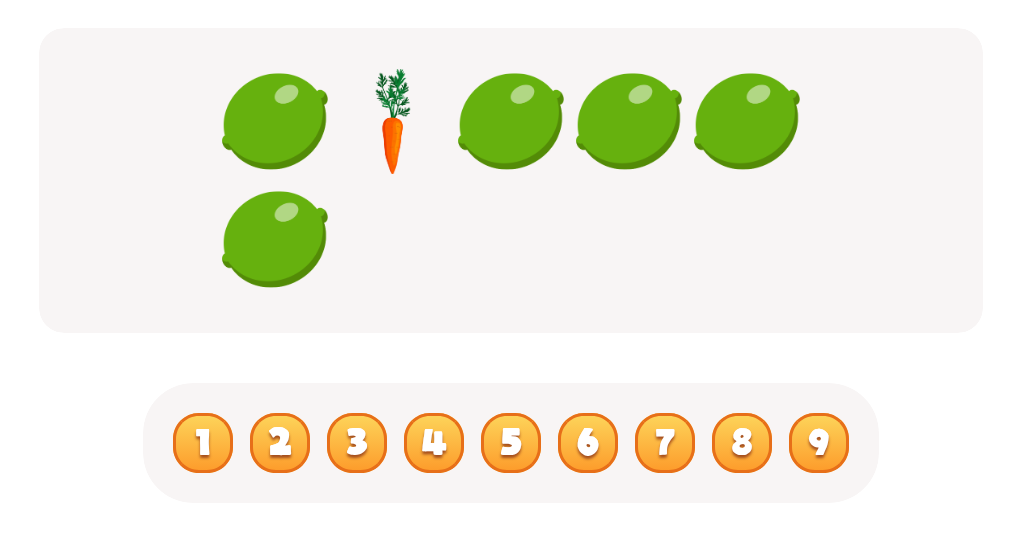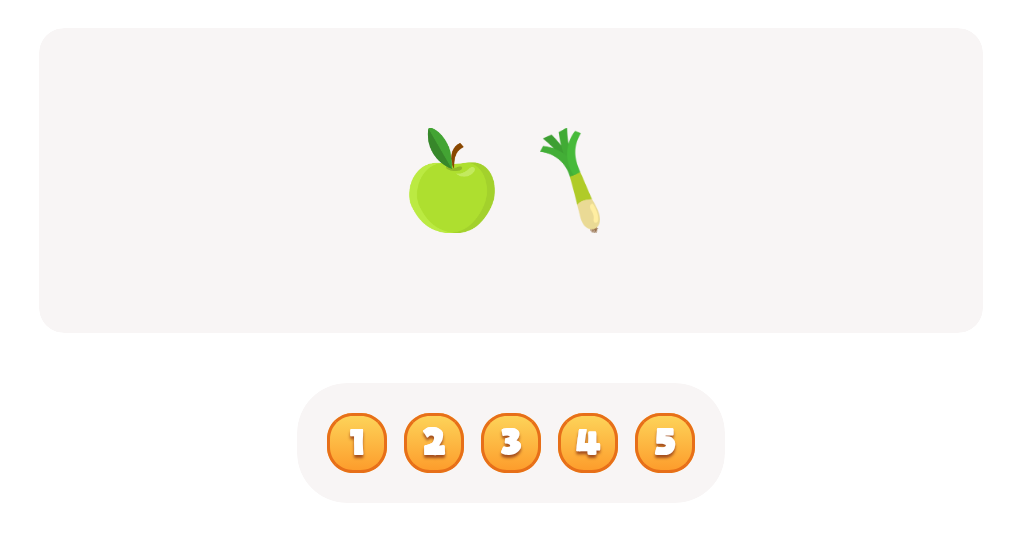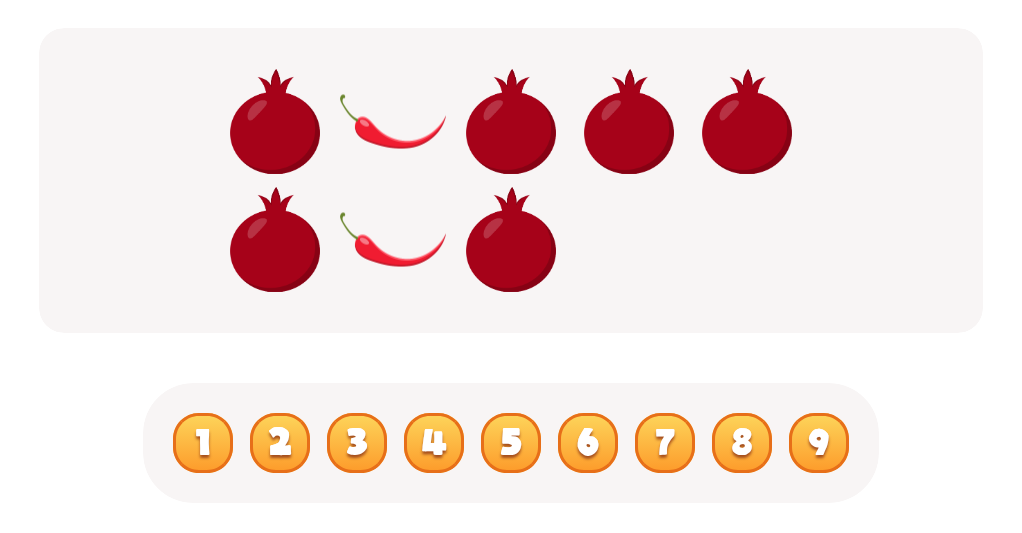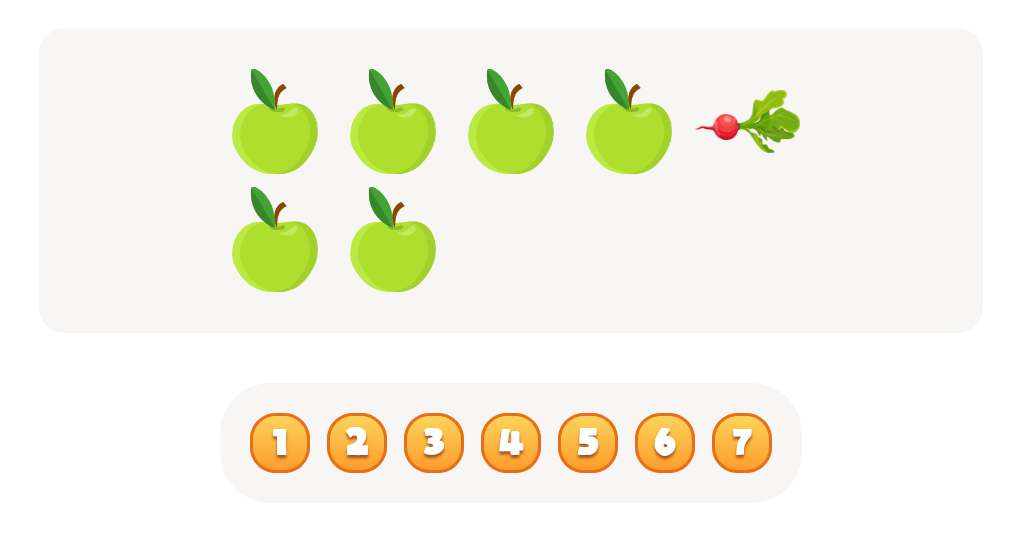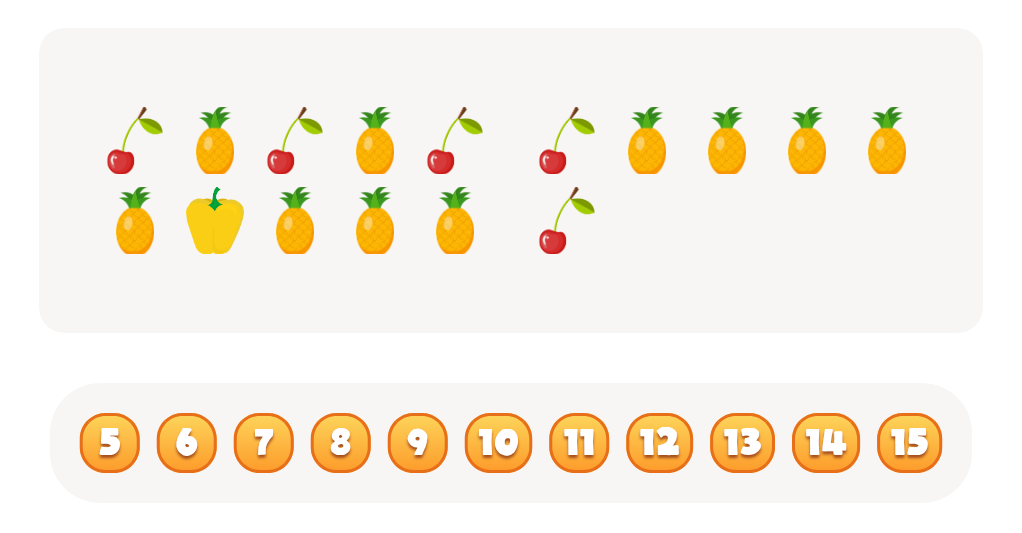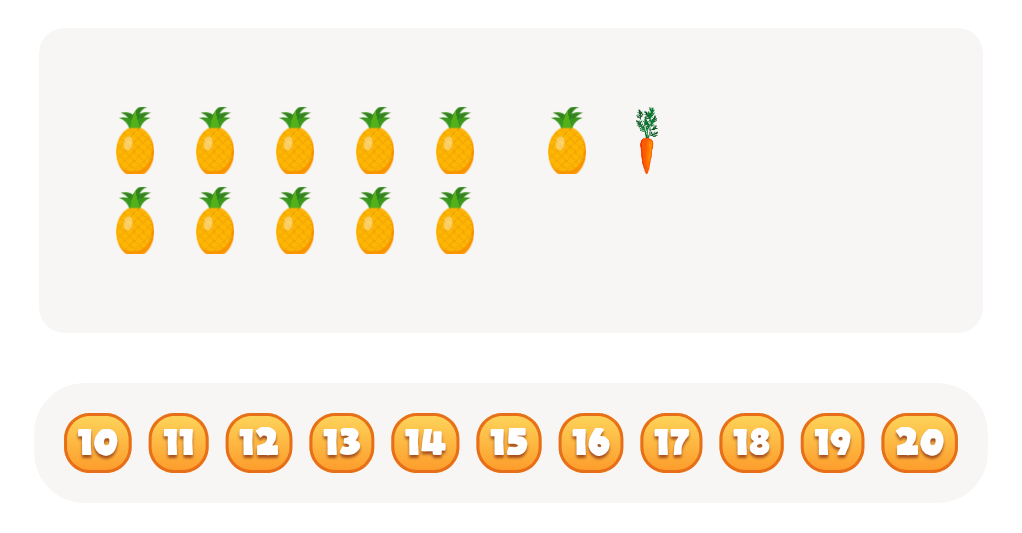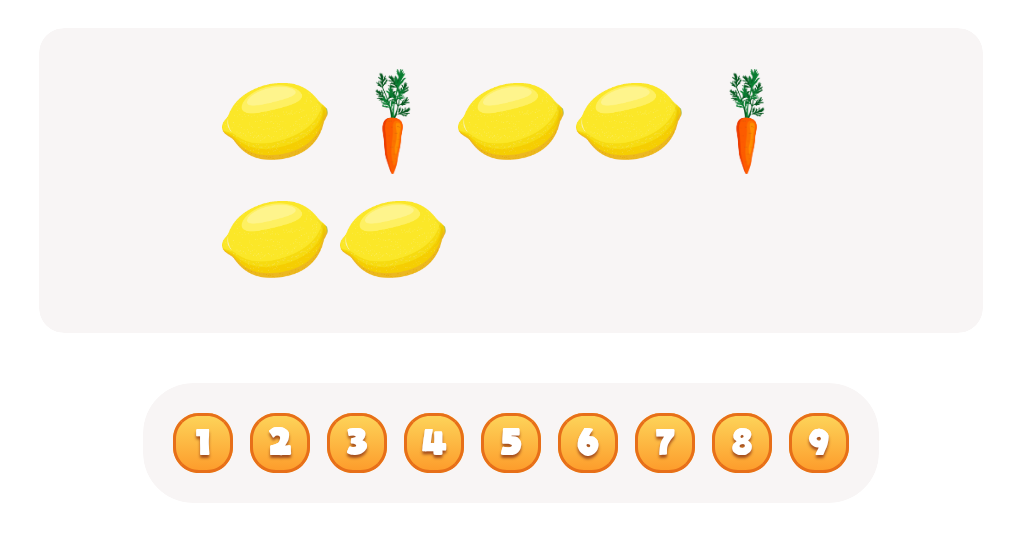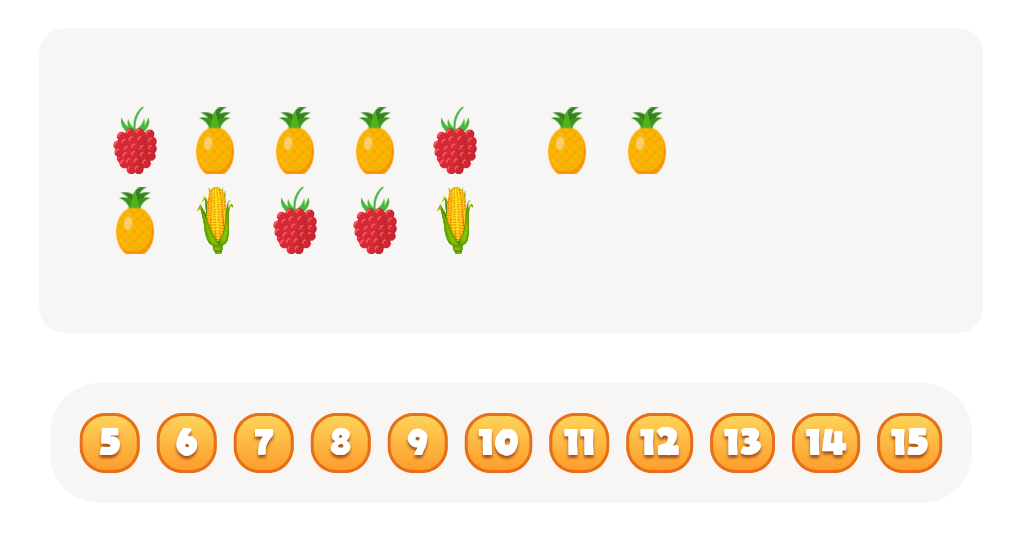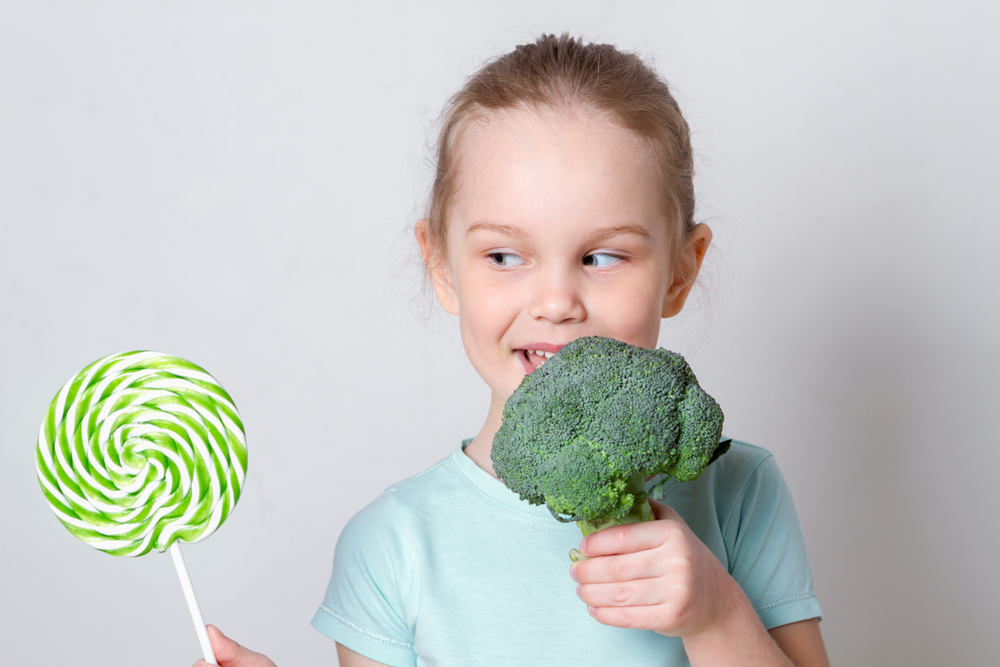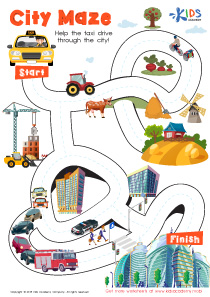Categorization skills Plants and Animals Worksheets for Ages 3-6
3 filtered results
-
From - To
Unlock your child's potential with our "Categorization Skills: Plants and Animals Worksheets" designed for ages 3-6. These fun and engaging worksheets from Kids Academy help young learners distinguish between various plants and animals, fostering early critical thinking and observational skills. Each activity is crafted to suit preschool to kindergarten children, offering colorful, easy-to-follow exercises that make learning exciting. Perfect for both classroom and home use, these worksheets provide a strong foundation in science, promoting curiosity about the natural world. Dive into our collection and watch your child explore and categorize with confidence and joy!
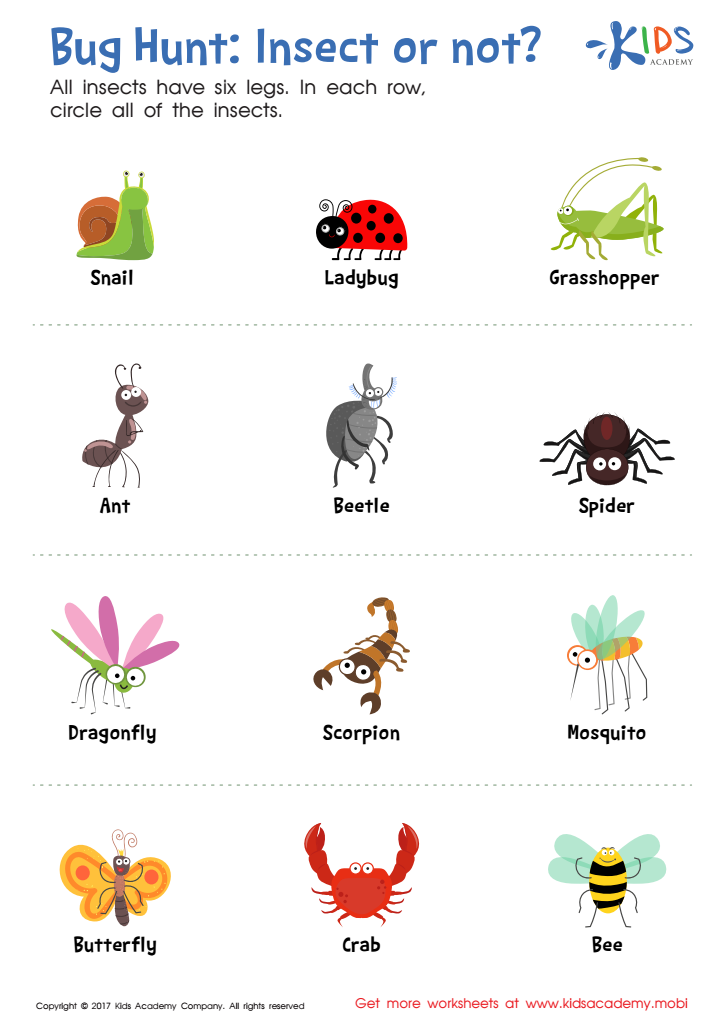

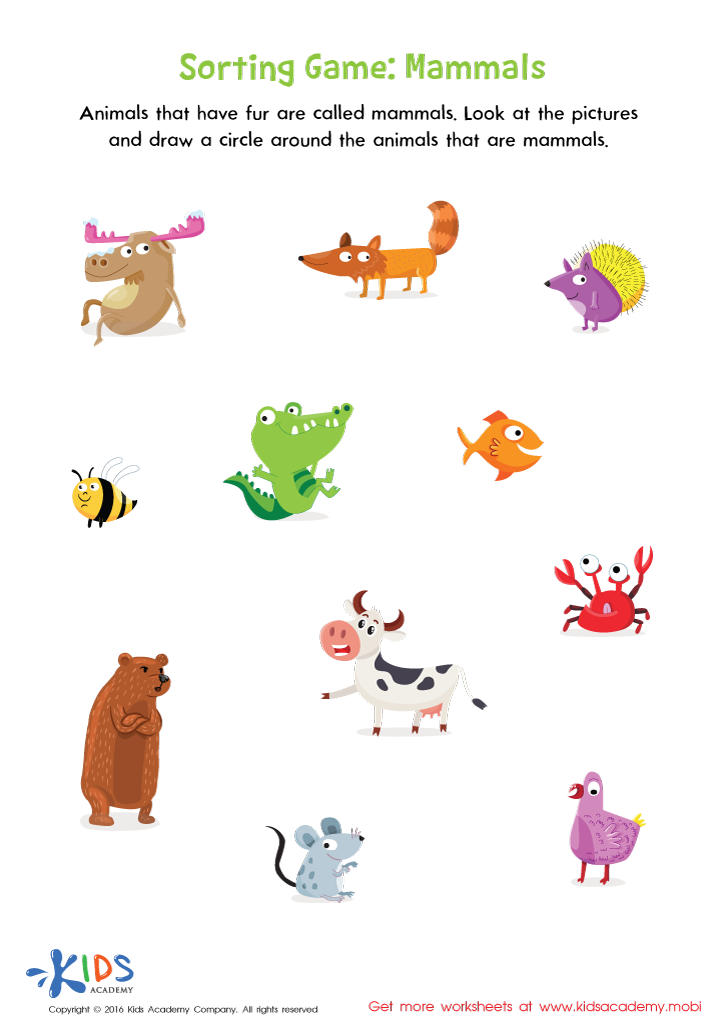

Mammals Sorting Worksheet
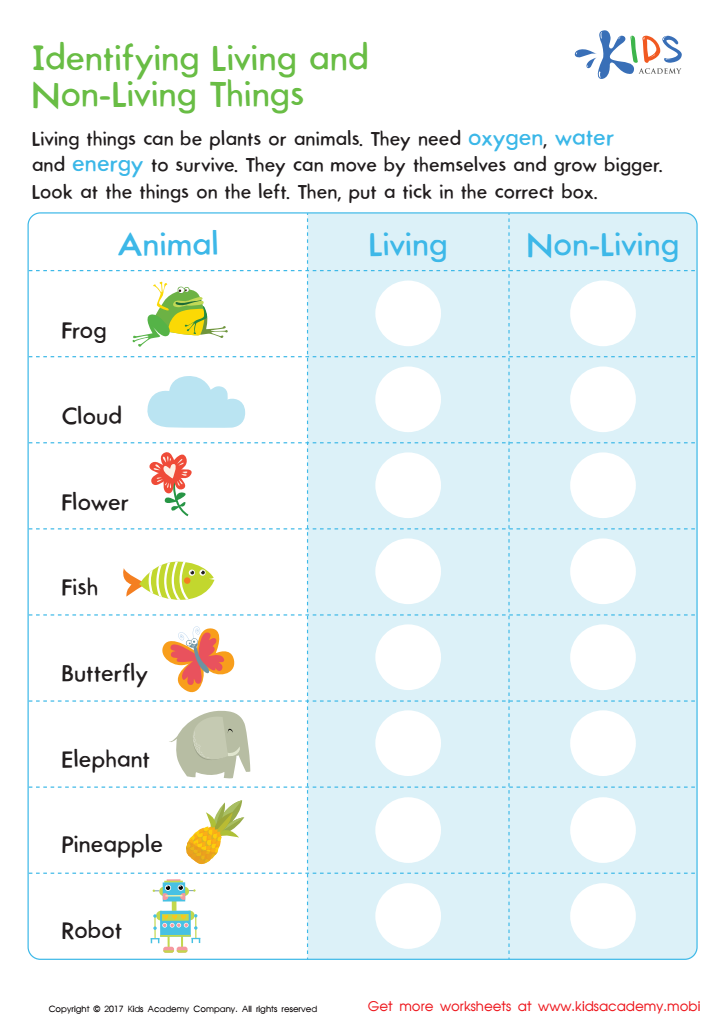

Identifying Living or Non–living Worksheet
Cultivating categorization skills in young children, specifically involving plants and animals, is a crucial cognitive development milestone. At ages 3-6, children's brains are like sponges, ready to absorb vast amounts of information about the world around them. Categorization plays a foundational role in organizing this information, allowing children to make sense of their environment more effectively.
For parents and teachers, focusing on categorization skills helps children develop critical thinking and observational abilities. When kids learn to differentiate between plants and animals, they not only enhance their vocabulary but also start understanding broader concepts such as living versus non-living things, habitats, and the food chain.
Moreover, these categorization tasks can serve as the gateway for future scientific learning. Simple activities like sorting different leaves or identifying characteristics of various animals lay the groundwork for more complex biological concepts. By embedding these skills at an early age, you are nurturing a curiosity for the natural world, which is essential for lifelong learning.
Additionally, categorization activities can enhance language skills, improve memory, and boost problem-solving abilities. For example, discussing the differences and similarities among various types of animals and plants assists in developing comparative vocabulary and fine motor skills through sorting.
In essence, parents and teachers shouldn't overlook the importance of categorization skills, as they form the bedrock of effective learning and understanding in many other academic and real-world contexts.
 Assign to My Students
Assign to My Students
